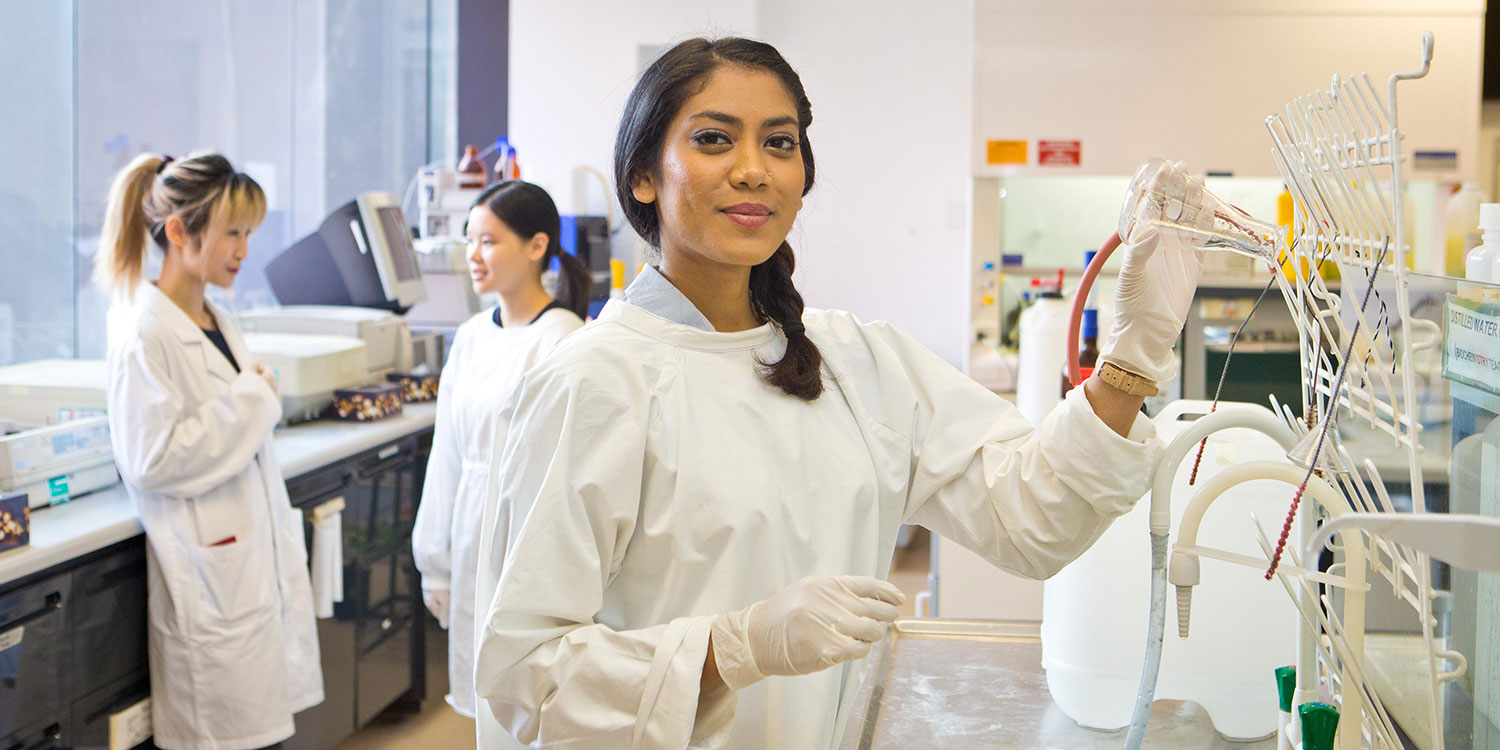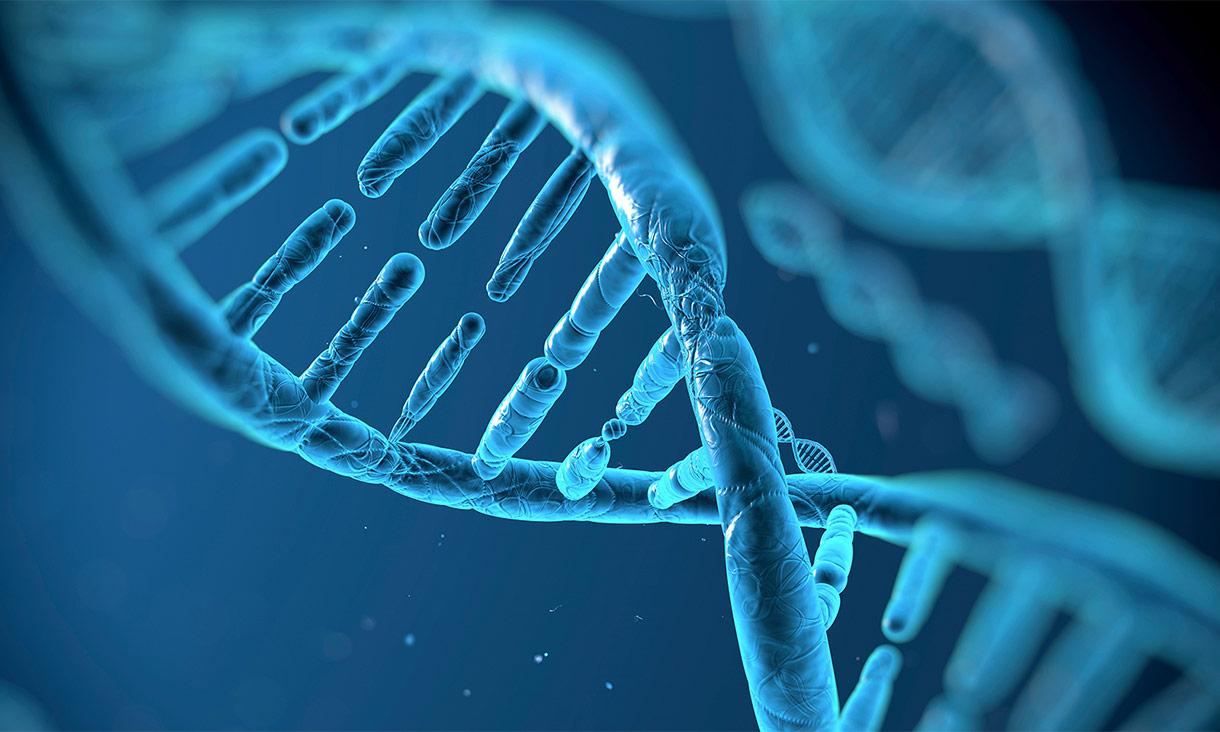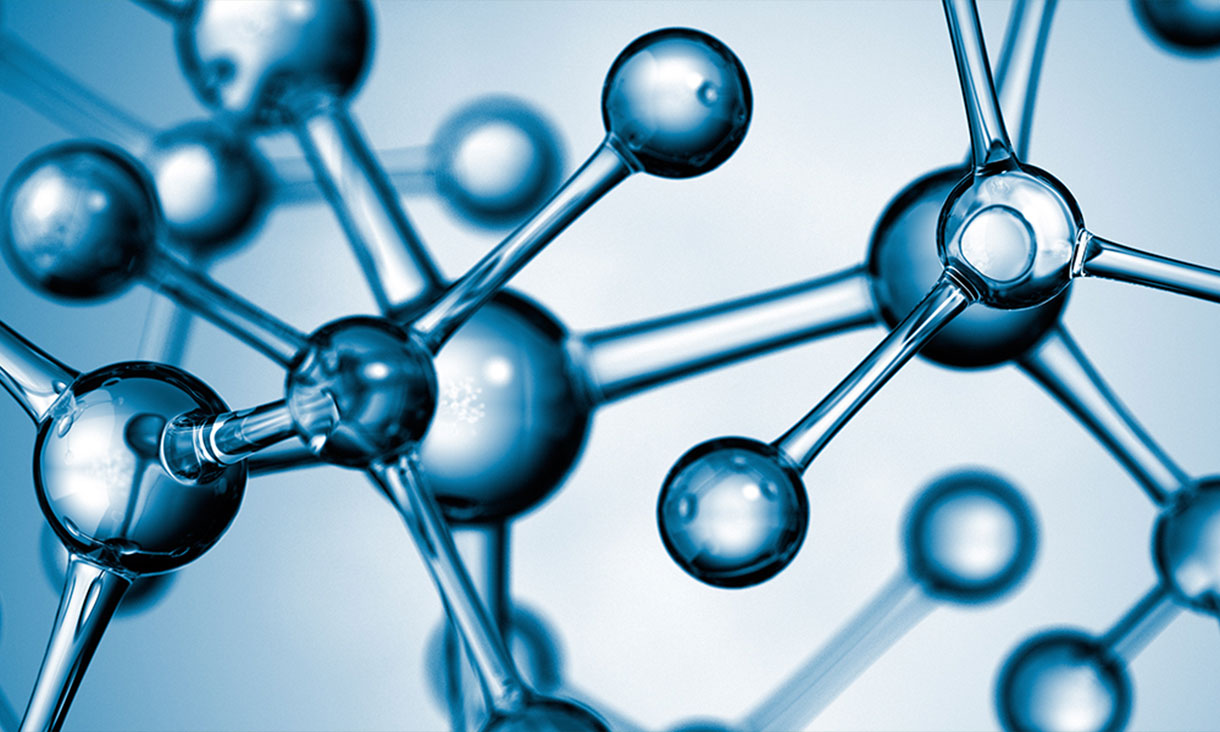Biomedical sciences
Biomedical sciences help us understand disease, how it occurs, what happens and how we can control, cure and prevent it.
Medical sciences
Medical sciences at RMIT maintains strong links with industry to ensure our courses are relevant and meet the needs of industry, government and the community.
Pharmaceutical sciences
Biomedical sciences at RMIT maintains strong links with industry to ensure our courses are relevant and meet the needs of industry, government and the community.





